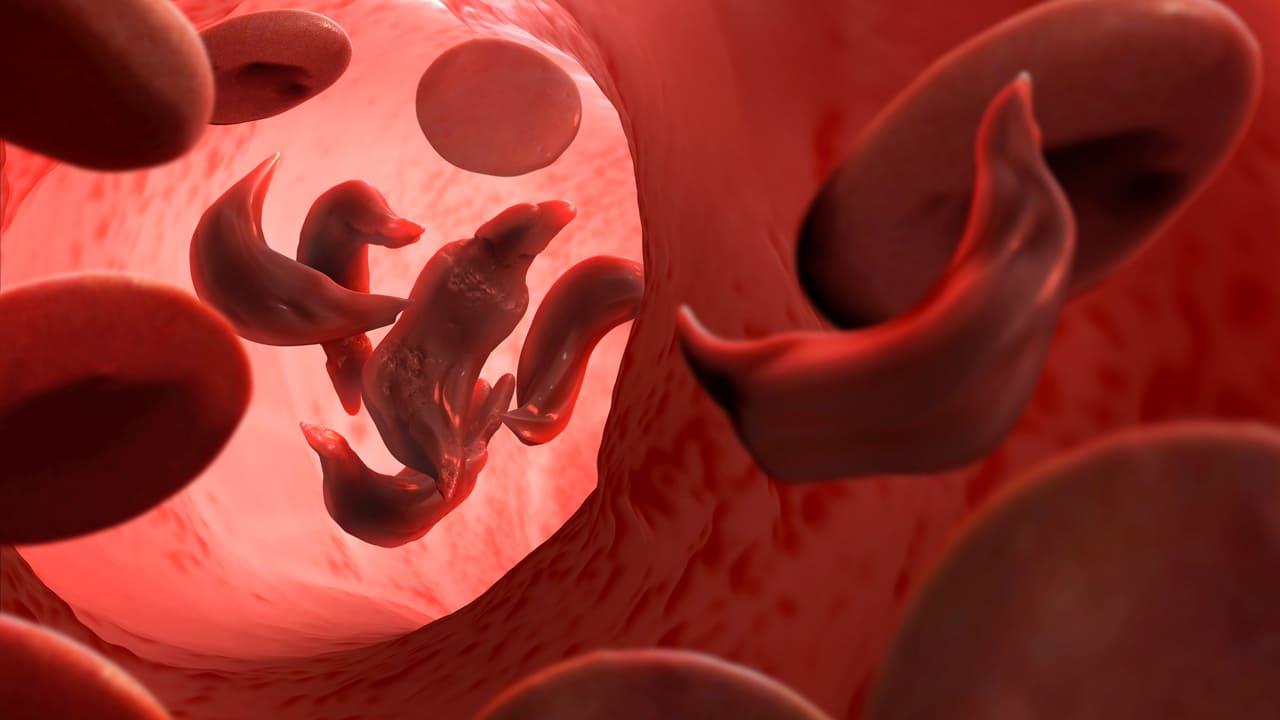KEY TAKEAWAYS
- The BESPOKE CRC study aimed to evaluate ctDNA assay impact on ACT decisions in stage II/III CRC patients.
- ctDNA MRD in BESPOKE CRC predicted recurrence, guided ACT, and informed patient outcomes in stage II/III CRC patients.
Post-surgical detection of ctDNA-based molecular residual disease (MRD) in colorectal cancer (CRC) is recognized as predictive of high recurrence risk.
Pashtoon Murtaza Kasi and the team aimed to present the initial findings from BESPOKE CRC, an observational multicenter study assessing a tumor-informed ctDNA assay’s role in guiding ACT for stage II/III CRC patients.
Among 1792 patients enrolled from July 2, 2020, to August 25, 2022, plasma samples from the initial 350 patients with stage II-III CRC were examined. A personalized ctDNA assay (Signatera, Natera, Inc.) was utilized for detection and quantification. Following curative resection, 232 patients underwent ACT, while 118 were observed.
The study included 154 patients with stage II and 196 with stage III CRC, with a median follow-up of 24.8 months. Among 295 patients with available ctDNA results at the post-operative MRD time point, 15.6% (46/295; stage II: 9/130=6.9%; stage III: 37/165=22.4%) were ctDNA positive (MRD+). MRD positivity significantly correlated with inferior disease-free survival (DFS) in both combined stages II-III (HR=20.8, 95% CI: 10.0-43.4, P<0.0001) and stage-stratified subgroups (stage II: HR=25.7, 95% CI 6.8-96.7; stage III: HR=18.1, 95% CI 7.3-45.1).
Among MRD+ patients, those receiving ACT had longer DFS than those in the observation group (median DFS: 18.7 vs 6.7 months; HR=3.9, 95% CI: 1.3-11.5, P=0.01). Conversely, no benefit of ACT was observed in MRD- patients (HR=1.1, 95% CI: 0.3-3.9, P=0.89). Among MRD+ patients, 39.1% (18/46) exhibited ctDNA clearance 12 weeks post-surgery.
The ctDNA clearance patients had longer DFS compared to those who remained positive (median DFS: 24.2 vs 13.8 months; HR=0.4, 95% CI 0.1-1.0, P=0.045); however, had worse DFS than patients who were ctDNA- at both 4- and 12-weeks (HR=22.5, 95% CI: 6.8-75.0, P<0.0001). Notably, 44.4% (8/18) of patients with ctDNA clearance recurred; all 8 returned ctDNA+ before radiological detection of relapse. ctDNA results during surveillance were available for 339 patients, of whom 8.3% (58/339) were ctDNA+ and had significantly worse DFS compared to serially ctDNA- patients (HR=124.3, 95% CI: 29.8-518.7, P<0.0001).
The study concluded that ctDNA-based MRD detection in an initial subset of BESPOKE CRC patients was highly prognostic for recurrence. Further insights from the expanded cohort will be shared at the upcoming meeting. Our findings demonstrate the predictive value of ctDNA MRD, showing significant benefits from ACT in MRD-positive patients. Moreover, early ctDNA clearance post-adjuvant therapy and surveillance ctDNA status indicated patient outcomes.
These results underscore the potential of ctDNA-guided adjuvant therapy for stage II/III CRC patients. BESPOKE CRC’s pioneering role in ctDNA-based prospective studies will be reinforced by ongoing randomized clinical trials validating these findings. Research is sponsored by Natera, Inc.
Source: https://meetings.asco.org/abstracts-presentations/228848
Clinical Trial: https://clinicaltrials.gov/study/NCT04264702
Kasi PM, Aushev VN, Ensor J, et al. (2024). “Circulating tumor DNA (ctDNA) for informing adjuvant chemotherapy (ACT) in stage II/III colorectal cancer (CRC): Interim analysis of BESPOKE CRC study.” J Clin Oncol 42, 2024 (suppl 3; abstr 9) 10.1200/JCO.2024.42.3_suppl.9



